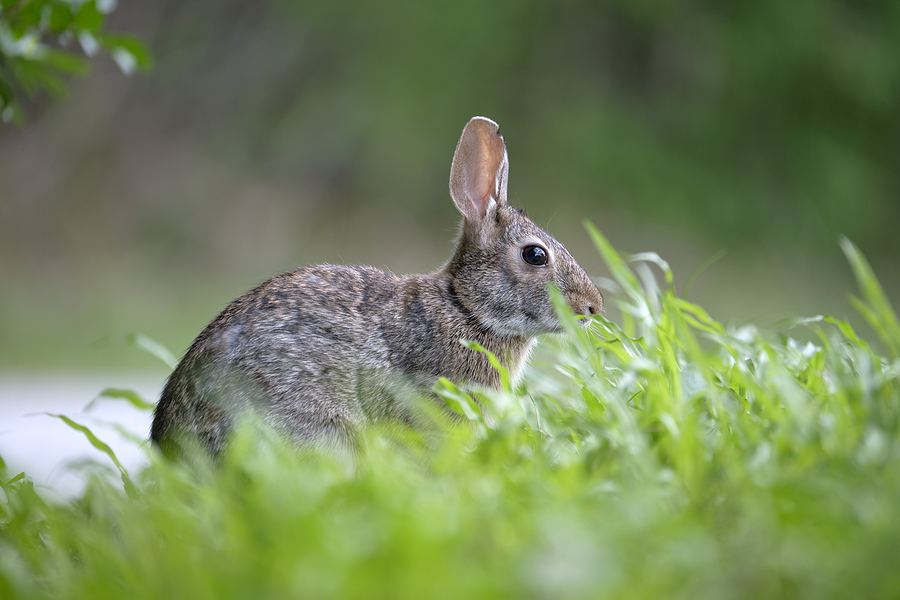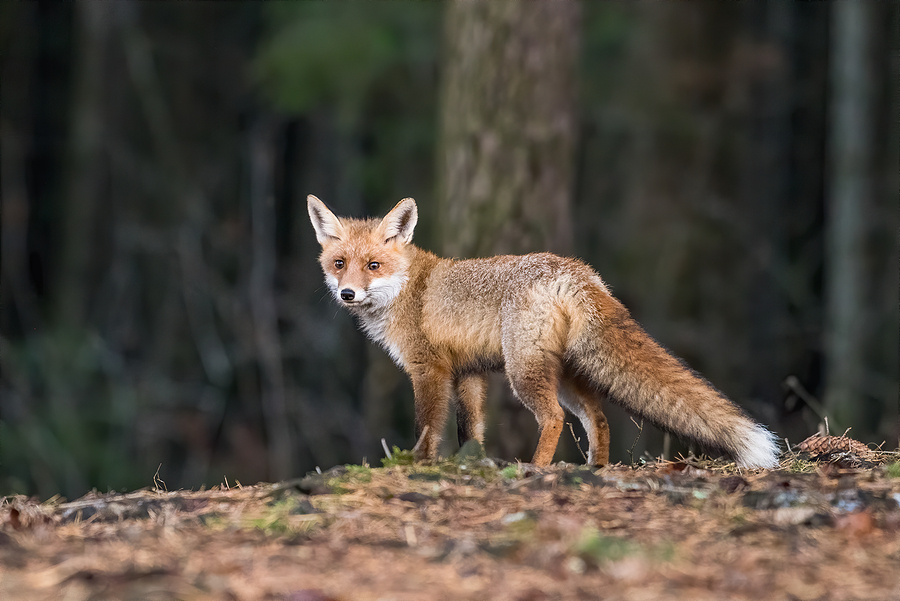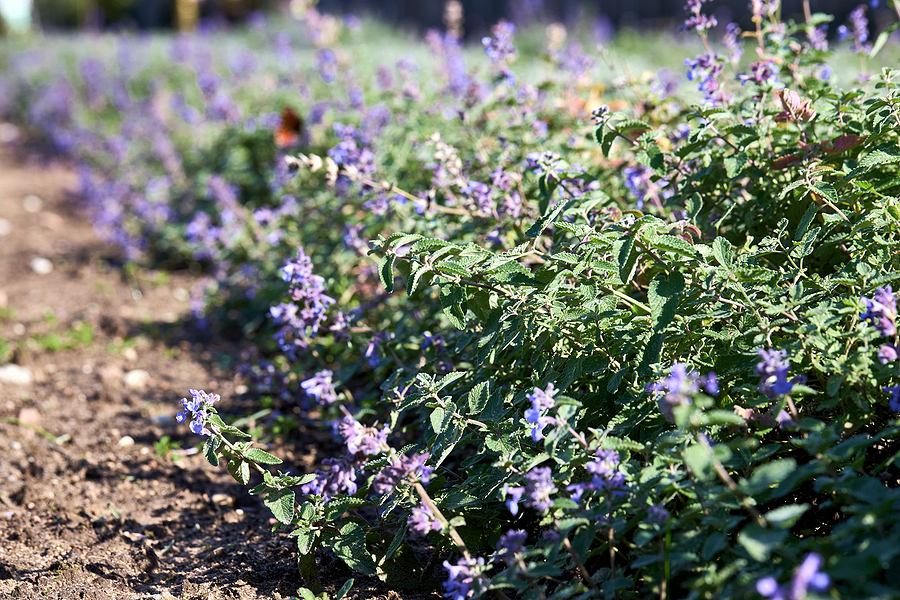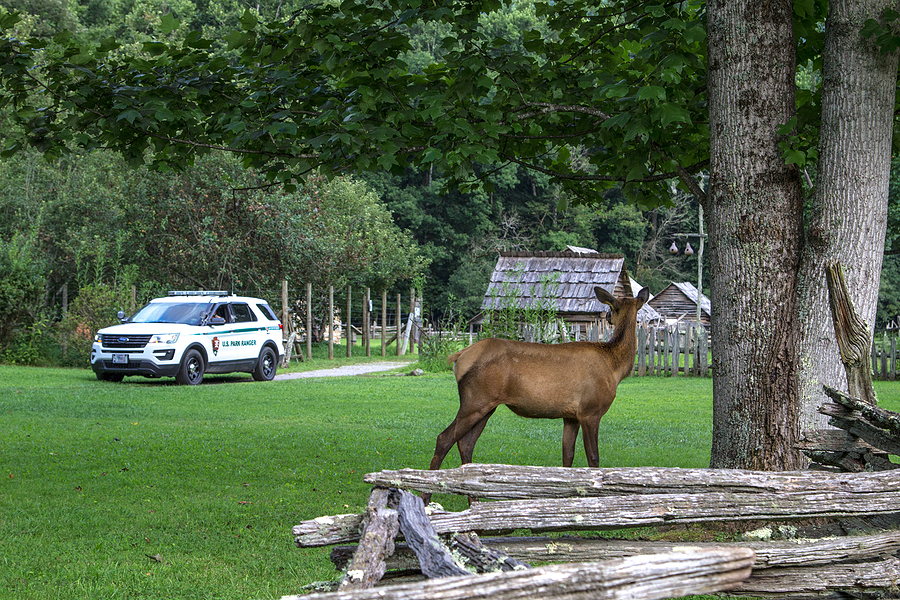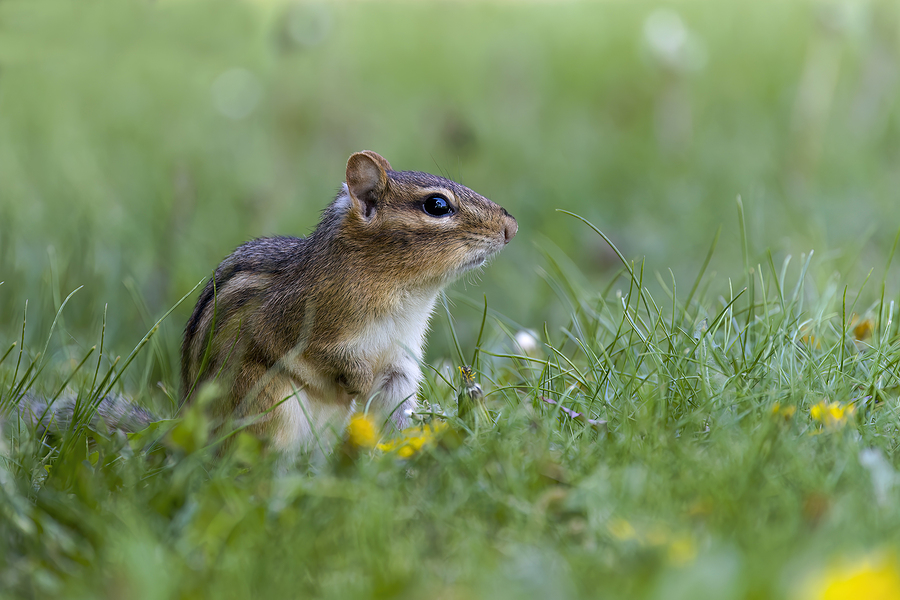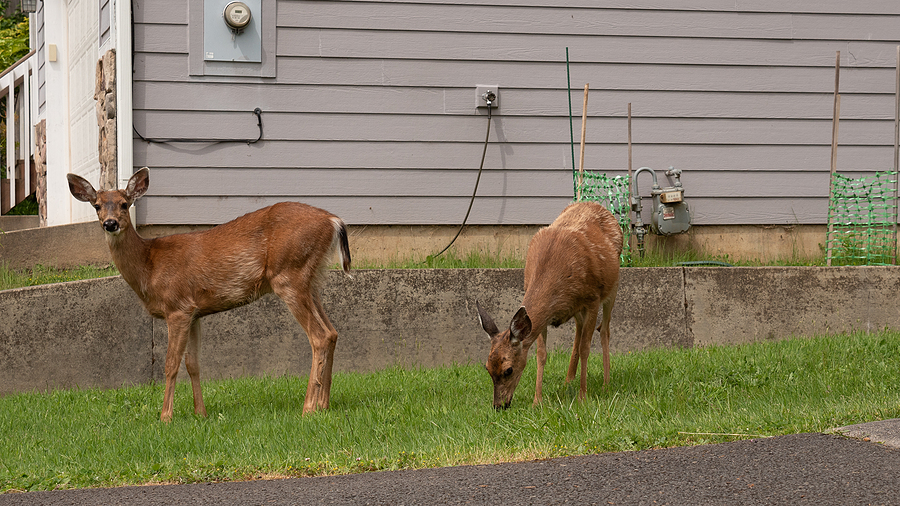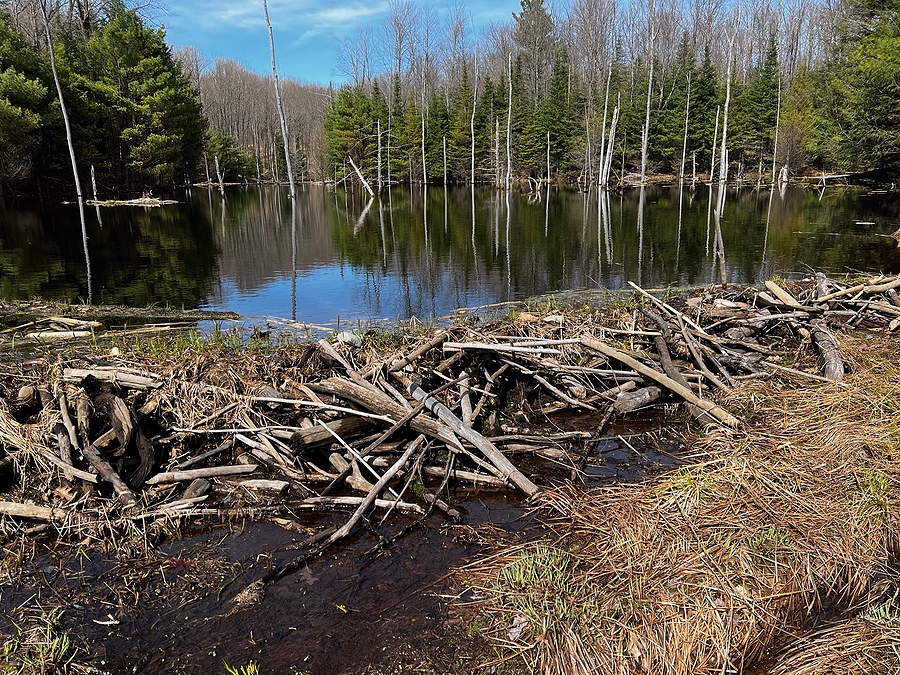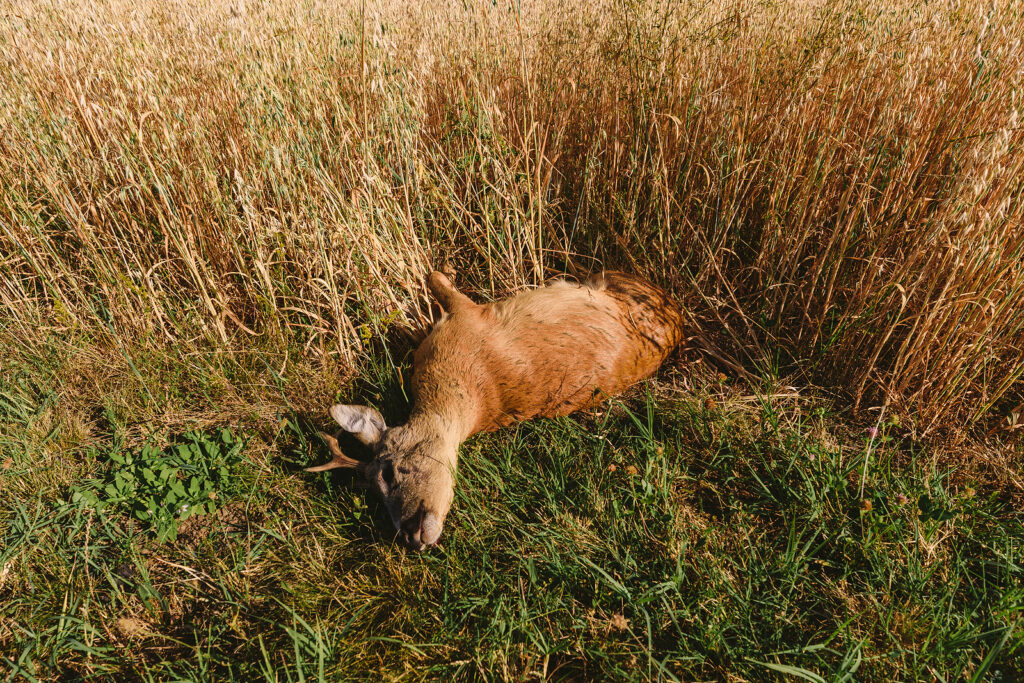Opossums, while intriguing creatures of the night, can become unwanted guests in our homes and gardens, causing chaos and destruction. This blog post delves into effective opossum control, helping you understand these marsupials better and learn strategic ways to safeguard your property.
We will explore how to identify the telltale signs of an opossum infestation, and the necessary steps for humane opossum removal. By the end of this post, you’ll be armed with the knowledge to ensure these nocturnal nomads respect the boundaries of your home.
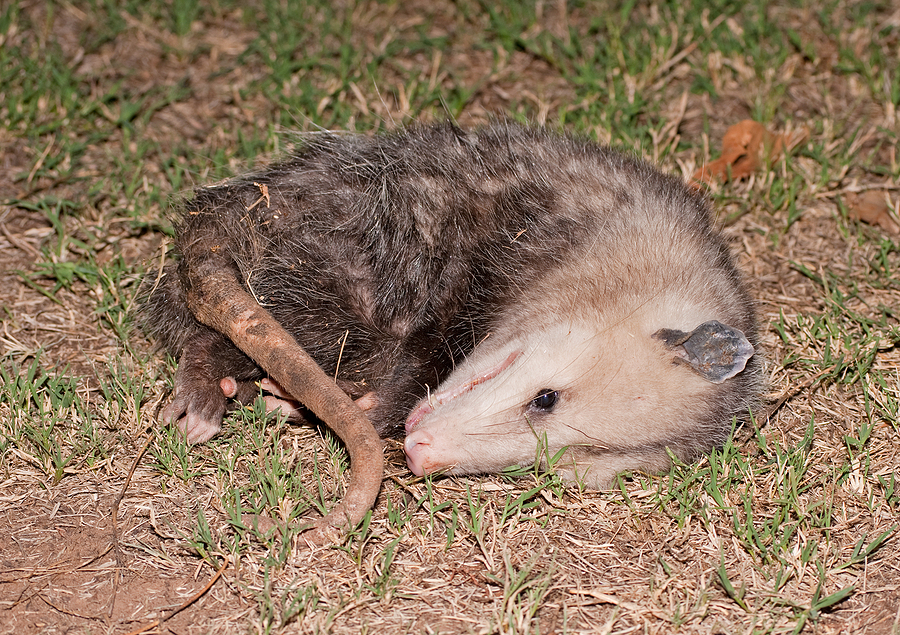
Understanding Opossums
Opossums are the only marsupials native to the United States and Canada, known for their iconic white face and long pink tail. While they look like large rats, they are more closely related to kangaroos than rodents. They are solitary creatures that prefer a quiet life in trees but can also adapt well to urban living. Opossums are omnivorous and will eat almost anything, including fruits, insects, small animals, and garbage.
Signs of an Opossum Infestation
The first step in effective opossum control is identifying if you have an infestation. Here are some signs to look out for:
Damage to your property: Opossums can cause significant damage to your garden, lawn, and home. They will feed on fruits and vegetables in your garden, dig up your yard for insects, and nest in attics or crawl spaces.
Foul odor: Opossums have a natural defense mechanism where they release an unpleasant odor when threatened. If you notice a strong musky smell around your property, there is a high chance an opossum is nearby.
Tracks and droppings: Opossums leave distinct tracks and droppings that can help identify their presence. Opossum tracks have five toes with sharp claws, while their droppings are small and tapered at the ends.
If you notice any of these signs, it’s best to take action immediately to prevent any further damage.
Humane Opossum Removal
While opossums may seem like pesky intruders, it’s important to remember that they are wild animals and should be treated with respect. Here are some tips for humane opossum removal:
Do not attempt to handle them: Opossums are gentle creatures, but they can become aggressive when threatened. It’s best to leave the removal process to professionals who have experience in handling these animals.
Use deterrents: There are various natural and commercial opossum repellents available that can help keep these creatures away from your property. These include sprinkling cayenne pepper or ammonia around your yard, using motion-activated lights or sprinklers, and installing fencing around your garden.
Secure garbage cans: Opossums are scavengers and will be attracted to easy food sources, such as open garbage cans. Make sure to secure your trash cans with tight lids or bungee cords to prevent opossums from rummaging through them.
Prevention is Key
The best way to control an opossum infestation is by preventing it in the first place. Here are some tips to keep these marsupials away from your property:
Remove food sources: Opossums are opportunistic feeders, so removing any potential food sources can help deter them. Make sure to clean up fallen fruits and vegetables, secure garbage cans, and feed pets indoors.
Seal off entry points: Opossums can easily enter your home through small openings, such as vents or gaps in the walls. Inspect your property for any potential entry points and seal them off with wire mesh or other appropriate materials.
Keep your yard tidy: Opossums are attracted to cluttered and overgrown areas that provide shelter. Keeping your yard well-maintained and free of debris can help make your property less appealing to these creatures.
By following these prevention measures, you can greatly reduce the risk of an opossum infestation in your home or garden. However, if you do encounter an opossum on your property, remember to approach with caution and contact a professional for assistance.
Final Thoughts
With their unique appearance and behavior, opossums make for interesting neighbors. However, an unwanted infestation can quickly turn into a nuisance. By understanding the basics of opossum control, you can effectively safeguard your property and coexist peacefully with these nocturnal creatures. Remember to always prioritize humane removal methods and take preventative measures to keep them at bay.
We hope this blog has been informative and helpful in your quest for getting rid of nuisance possums. Contact Smoky Wildlife Control at 615-610-0962 for TWRA licensed and insured opossum removal and control in Nashville, Tennessee and beyond. We also work with many other types of wildlife.
Related Posts:
Natural Solutions to Controlling Opossum Populations
How to Safely Get Rid of Opossums in the Yard
Frequently Asked Questions About Opossums in Tennessee

